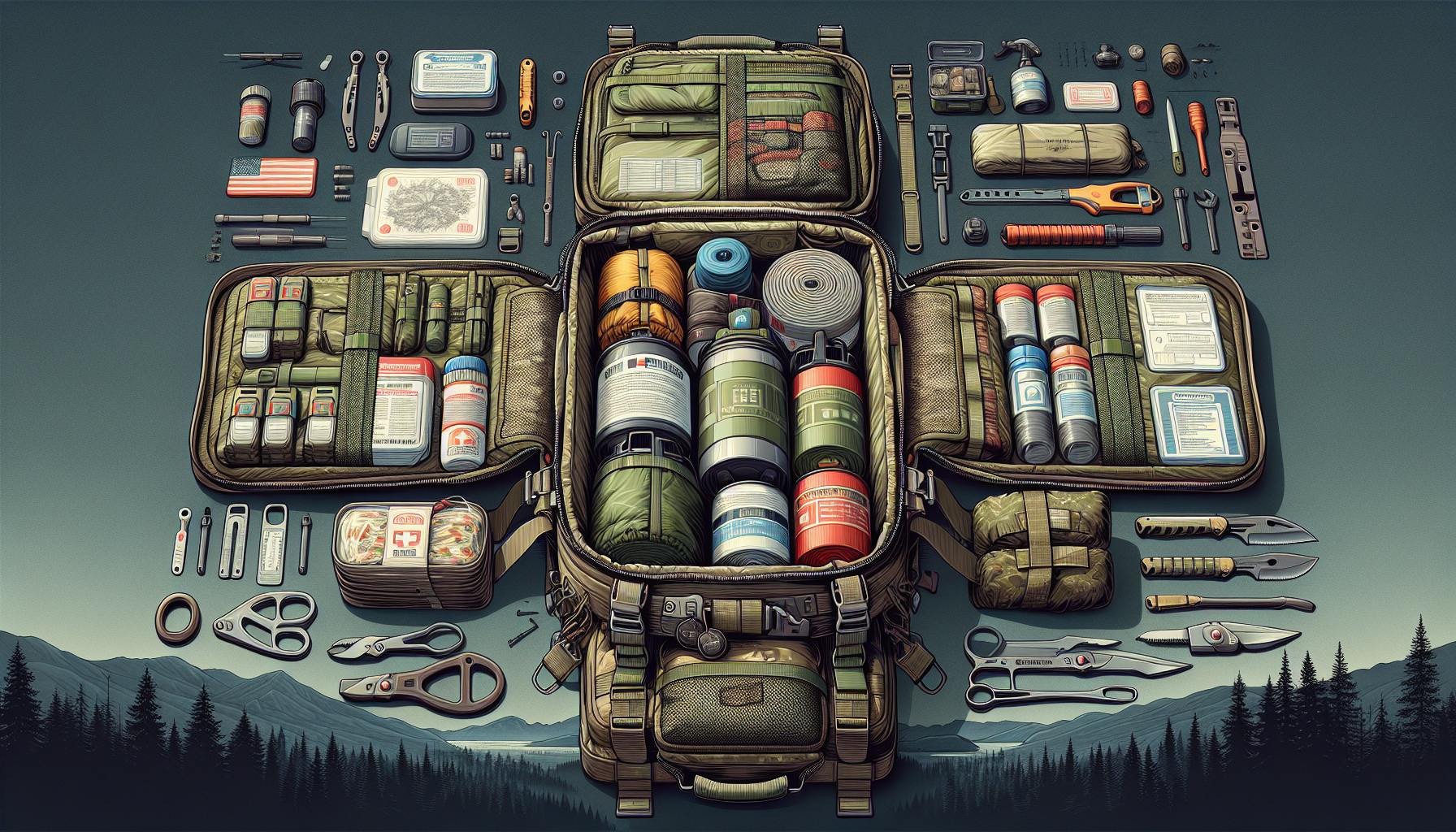Introduction
World peace is the idea of all peoples and nations living in harmony without violent conflict. As an ideal, world peace represents the highest aspirations of humankind to live without war, oppression, and suffering. Since the dawn of civilization, visionaries and philosophers have dreamed of a world at peace. Though an elusive goal, the universal striving for peace underscores our shared humanity and desire to live in a just, compassionate, and equitable global society.
Today, however, world peace faces serious threats on multiple fronts. From rising authoritarianism to climate change, the pillars supporting global stability and cooperation are under strain. As tensions flare, dialogue breaks down, and unilateralism displaces collective action, we inch ever closer to a dystopian scenario of distrust and perpetual conflict. Reversing this slide into chaos requires protecting and nurturing the seeds of harmony worldwide.
In this post, we will analyze the key forces jeopardizing world peace currently. Understanding these threats is essential to mitigating them. We will also explore potential solutions that can place us back on the path to lasting peace. Critically, building peace demands action not just by governments, but also by ordinary citizens across the world. With wisdom, courage and solidarity, we can work to realize the dream of global harmony. The future remains unwritten, offering hope if we but choose to come together.
Current Threats to World Peace
Numerous intersecting trends are coalescing to imperil world peace presently. From rising authoritarianism to climate change, the pillars supporting global stability are under increasing strain. Key threats include:
The Ukraine Crisis
Russia's brazen invasion of Ukraine in February 2022 shattered peace in Europe and threatens a broader conflagration. The ongoing war has killed over 15,000 civilians, displaced over 14 million Ukrainians, and risks escalating into a catastrophic clash between Russia and NATO.
-
Putin's aggression reveals the danger of unchecked autocrats to world stability. His propaganda fuels nationalist sentiments within Russia.
-
The breakdown in East-West relations is deteriorating into a new Cold War, dividing the world order into opposing blocs.
-
Sanctions have damaged Russia's economy but failed to stop its onslaught, underscoring the limits of economic coercion once conflicts commence.
-
Diplomatic efforts like the Minsk Agreements have stalled as compromise remains elusive, highlighting the difficulty of de-escalation once violence spirals.
-
The shadow of nuclear brinksmanship looms large, with Putin threatening to use Russia's atomic arsenal against the West.
Authoritarian Resurgence
The rise of dictatorial strongmen globally has been steadily eroding democracy and fomenting tensions. Intolerant regimes like those in:
-
China under Xi Jinping's absolute rule has crushed dissent in Hong Kong and threatens Taiwan while interning Uyghurs in camps.
-
North Korea's totalitarian grip under Kim Jong-Un continues developing nuclear arms despite negotiations, raising regional security concerns.
-
Gulf monarchies like Saudi Arabia severely repress opposition and restrict civil liberties like free speech.
With propaganda and force, these and other autocrats are aggressively asserting their interests while weakening cooperative norms. This authoritarian resurgence bodes ill for resolving conflicts through compromise.
Climate Change
Rising temperatures globally are increasing droughts, coastal erosion, famines and extreme weather. Climate change has magnified:
-
Water and food insecurity, for instance in Yemen's civil war where drought drives famine and displacement.
-
Mass migration from flooded areas like Bangladesh's low-lying coasts, spurring ethnic tensions in India.
-
Melting Arctic ice, intensifying great power competition between the US, Russia and China for resources and influence in the newly opened northern trade routes.
Mitigating climate change requires global cooperation which major emitters like the US, China and others have resisted. As climate impacts worsen, so will the risks to world stability.
Nuclear Proliferation
The spread of atomic weapons to more countries imperils hopes for lasting peace and raises terrorism risks. Hotspots include:
-
Iran racing toward nuclear weapons capability, escalating tensions with Israel and Arab states.
-
North Korea aggressively expanding its nuclear arsenal despite intermittent negotiations.
-
An arms race between India and Pakistan centered on their nuclear deterrence doctrine regarding the disputed Kashmir region.
Loosely guarded former Soviet nuclear materials also increase the likelihood of terrorists acquiring crude but deadly atomic bombs. While rising nuclear powers ignore disarmament pleas, war by miscalculation looms ever larger.
Ideological Extremism
Divisive extremist ideologies propagating globally are increasing hatred and violence. Islamist terror groups like ISIS and al-Qaeda destabilize the Middle East and threaten the West. White nationalist rhetoric surging online has inspired mass shootings targeting minorities worldwide. Authoritarian populists demonize refugees and the media, eroding democratic norms of inclusion and press freedoms.
With biased information and economic instability fueling radicalization, encouraging pluralism and addressing inequality are crucial to defeating extremism's appeal.
Building and Sustaining World Peace
While deep challenges confront world peace, hope remains through thoughtful, collaborative action. The seeds for harmony exist in our common humanity. We must nurture them by:
Diplomacy and Conflict Resolution
From shuttle diplomacy during the Cold War to the Good Friday Agreement in Northern Ireland, determined mediation has resolved seemingly intractable conflicts before. Through patient compromise, cultural awareness, and backchannel talks, bold diplomacy can ease global tensions today. By appealing to our shared hopes over divisive fears, skilled negotiators can find common ground.
International Cooperation
The collective security enshrined by institutions like the UN and EU underscores the power of unified action. More cooperation is essential to tackle threats like climate change, pandemics, and nuclear weapons. Binding global accords to lift people out of poverty, transition economies sustainably, and promote human rights can mitigate instability.
Promoting Interdependence
Increased investment, trade and exchange between nations raises the costs of conflict while building mutual understanding. The EU's integration unified war-torn nations economically and culturally. Extending integrative prosperity more globally can strengthen world peace. Business partnerships, student exchanges, and tourism also bind societies.
Reconciliation and Justice
Enduring peace requires more than crisis management - a commitment to reconciliation and justice is essential. Initiatives like South Africa's post-apartheid Truth and Reconciliation Commission provide models for restorative justice. Protecting human rights and ensuring all groups have a stake in society denies extremists their appeal.
Grassroots Activism
Governments alone cannot foster global peace. Ordinary people through grassroots activism can promote tolerance and cooperation. Initiatives like student peace marches, volunteering, activism, and political engagement help build community resilience worldwide. Business leaders too must strengthen economic ties between nations, guided by ethical principles.
The Role of Individual Action
Beyond governments, each of us can advance world peace through our everyday choices. We can promote tolerance and cooperation in our communities. Responsible business leaders can prioritize ethical practices when investing overseas. Educators can teach international understanding and conflict resolution in schools. Consumers can support companies upholding human rights worldwide.
Youth activism led by heroic students like Malala Yousafzai rallies millions to demand change. Interfaith initiatives foster dialogue between religions. Through digital media, we can all give voice to the silenced and marginalized. Choosing openness over fear cultivates peace daily. Our individual actions weave the social fabric that can stretch across all borders.
Conclusion
Realizing the ancient dream of world peace has never been more urgent or more threatened. But fatalism is unwarranted. From compromise in Northern Ireland to nonviolent protests toppling the Berlin Wall, humankind has shown it can surmount seemingly impossible divides. By confronting hatred with wisdom, embracing our shared hopes, and taking responsibility for the future, we can steer the world away from darkness. With patient effort, we can nurture the seeds of peace within each heart and community. The fate of peace lies not with governments, but within each of us. By expanding our compassion ever outward to encompass the whole human family, we take the first steps on the eternal path to lasting harmony.


